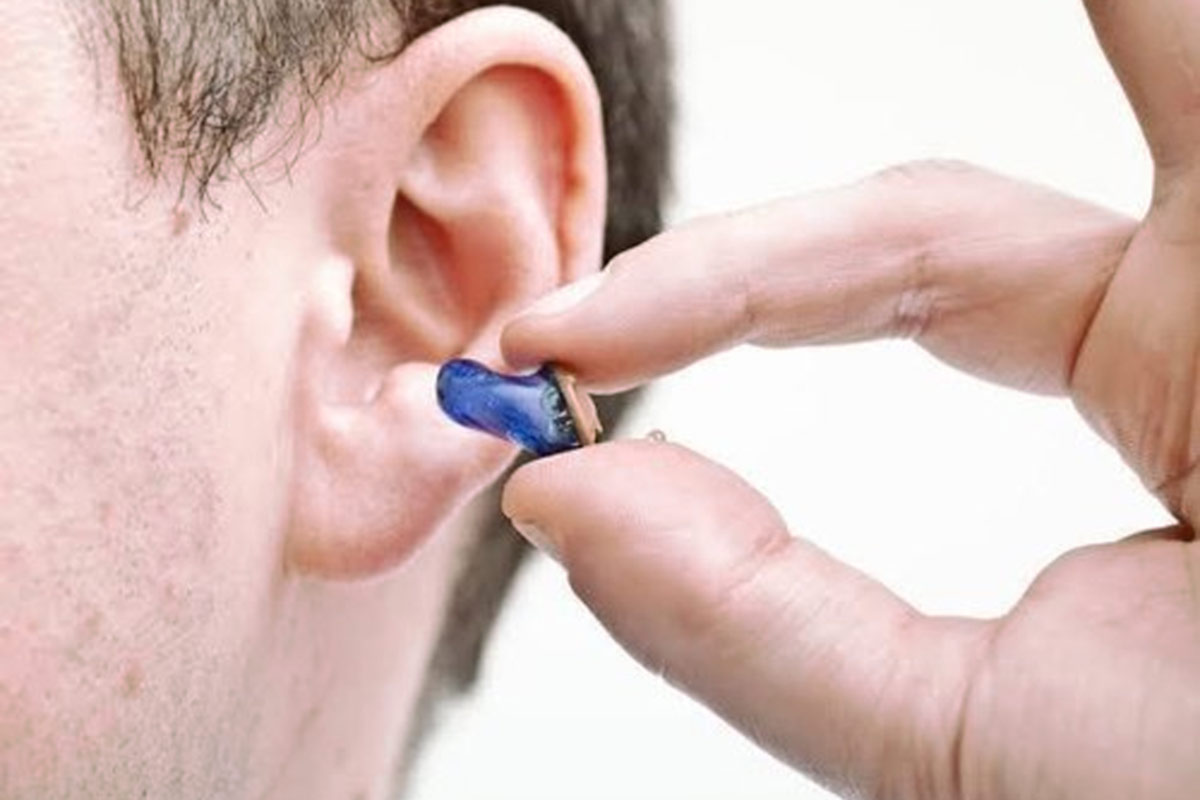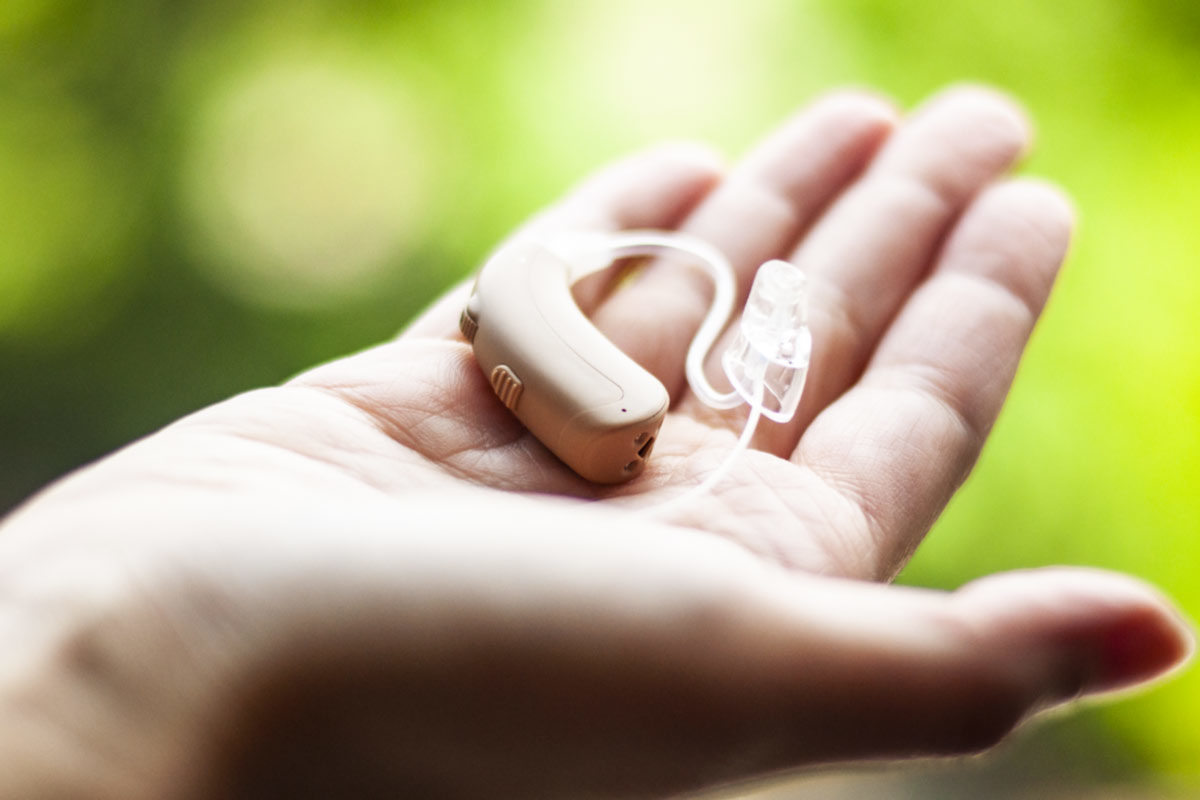Key Takeaways
- Hearing aids amplify sounds for people with mild to severe hearing loss.
- Cochlear implants require surgery and bypass cochlear damage. That way, anyone with profound to complete hearing loss can hear.
- The best assistive listening device for you depends on your type and degree of hearing loss, your medical history, and more. With implants, you’ll need to undergo surgery and become a patient of a speech practitioner.
Cochlear implants aren’t better than hearing aids by nature. Rather, cochlear implants will work better for some people, and conventional hearing aids will work better for others.
Are Cochlear Implants the Same as Hearing Aids?
Cochlear implants and hearing aids are not the same. Traditional hearing aids are removable devices that make sounds louder. That way, the ear can better detect sound waves, even if it’s damaged. You can buy and start using hearing aids anytime without a prescription. They are best suited for mild to moderate hearing loss, but some hearing aids specialized in helping severe hearing loss.

Cochlear implants are hearing devices that you cannot remove from your ears. They also don’t amplify sound waves. Instead, these implants use sound to stimulate the auditory nerves inside the ear. Those nerves then send electric signals to the brain, giving the user the sensation of sound.
Implants are for people with serious cochlear nerve damage. This type of damage usually leads to severe or complete hearing loss. Implants can be unilateral–meant for one ear–or bilateral– meant for both ears.
Is a Cochlear Implant Better Than a Hearing Aid?
Cochlear implants aren’t better than hearing aids by nature. Rather, cochlear implants will work better for some people, and conventional hearing aids will work better for others. The choice depends on your level of hearing damage and your budget, among other things.
That being said, if you have severe sensorineural hearing loss, only a cochlear implant can help. It’s also important to know that implants are likely to eradicate any remaining hearing of the natural ear. This means that someone with implants will be completely reliant on them for hearing.
Hearing aids are less expensive and require less commitment. That makes them the better option for anyone with less severe hearing loss. Small hearing aids can also be hidden behind or inside the ear so they aren’t noticeable.
Differences Between Hearing Aids and Cochlear Implants

Hearing aid technology uses microphones and amplifiers to help the ear detect sound waves. Modern hearing aids use a computer chip and a small, usually long-lasting battery. Rechargeable hearing aids are also available. The best hearing devices include Bluetooth hearing aids, which connect to your smartphone or computer.
The biggest difference between hearing aids and cochlear implants is the price. Since they do not require surgery, hearing aids cost thousands less than an implant.
Hearing aids also come in a wide range of models and styles. These include:
- In-the-ear (ITE)
- Behind-the-ear (BTE)
- Completely-in-the-canal (CIC)
- In-the-canal (ITC)
- Receiver-in-the-ear (RITE)
- Low-profile
The biggest difference between hearing aids and cochlear implants is the price. Since they do not require surgery, hearing aids cost thousands less than an implant.
Cochlear implants consist of external and internal parts. The external part has a microphone and speech processor that are linked by wires to a transmitter. The internal part links to the transmitter under the skin behind the ear, connected by a strong magnet. It converts electrical pulses and sends them to parts of the brain that receive sound.
Cochlear implantation surgery can be costly. Medicare and Medicaid usually cover some of the costs, but not all. Cochlear implantation surgery also comes with risks, including meningitis, device failure, and other severe but rare complications.
In addition, speech pathology may also be needed to learn how to interpret sound signals. That’s why cochlear implants are commonly used for infants with profound hearing loss.


